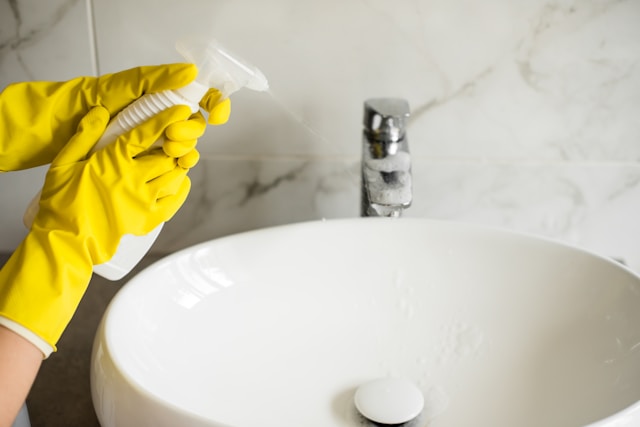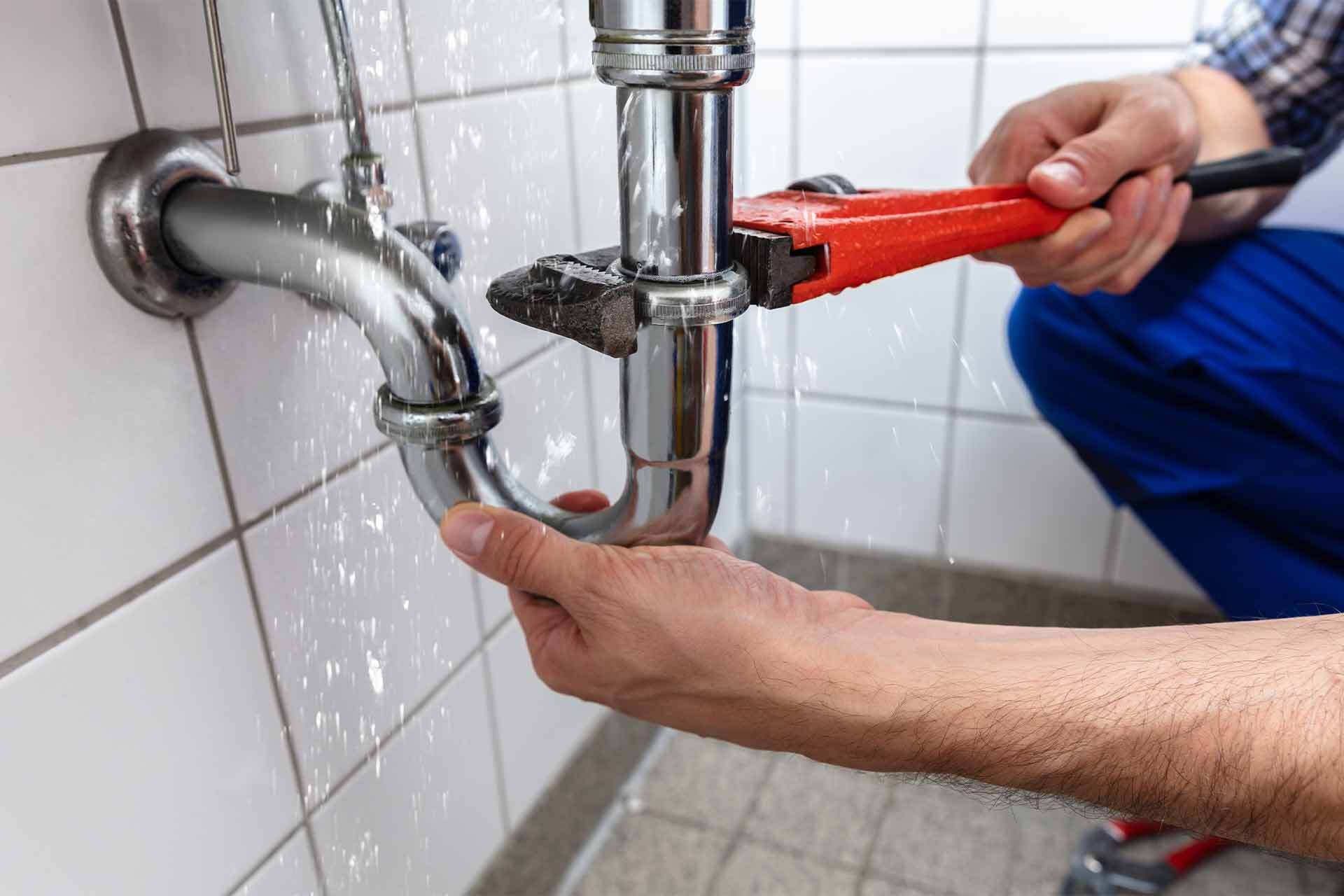Beginner's Guide to Efficient Bathroom Plumbing Management
Beginner's Guide to Efficient Bathroom Plumbing Management
Blog Article
Just about every person will have their own individual rationale with regards to Smart Plumbing Tips for New Homeowners.

For brand-new property owners, understanding and preserving restroom pipes can save both money and time by avoiding pricey issues down the line. Here are some necessary washroom pipes pointers to aid you keep whatever running efficiently.
Plan For Winter
Shield your pipelines from freezing throughout cold weather by protecting pipelines in unheated locations like cellars, attic rooms, and garages. Throughout extreme chilly, let cold water drip from taps served by exposed pipelines to assist prevent cold.
Arrange Regular Maintenance
Consider organizing yearly inspections with an accredited plumbing professional. They can detect problems that you might miss, such as concealed leaks or damage on pipelines and fixtures. Routine upkeep helps prolong the life of your pipes system and can prevent emergencies.
Acquaint Yourself with the Main Shut-Off Shutoff
Knowing where the major water shut-off shutoff lies in your house is important. This permits you to quickly turn off the water supply in case of major leakages or throughout plumbing emergency situations, stopping extensive water damages.
On A Regular Basis Inspect for Leakages
Small leaks can cause big issues. Routinely inspect under sinks, around commodes, and near plumbing fixtures for any type of signs of leaks. Try to find moisture, little drips, or rust. Capturing and fixing leakages early can avoid a lot more significant damage and conserve water.
Keep Your Water Heater
Ensure your water heater is set to an ideal temperature level (generally around 120 degrees Fahrenheit) to stop hot and reduce energy usage. Flush the container annually to eliminate debris buildup, which can decrease the effectiveness and life expectancy of your heating system.
Update Your Fixtures
If your home has older components, take into consideration updating to more effective designs. Modern bathrooms, showerheads, and taps are created to make use of less water while supplying excellent stress, which can substantially minimize your water expense and environmental footprint.
Be Cautious with DIY Plumbing Repair Works
While it's appealing to deal with all home repair work on your own, be cautious with plumbing. Some concerns could call for professional proficiency, especially if they involve major water lines or sewage system fixings. Working with a specialist can in some cases be extra economical than do it yourself, especially if it stops more damage.
Do Not Neglect Slow Drains
If your sink or bath tub is draining slowly, it's often an indicator of a blockage forming. Addressing this very early can stop a complete blockage. Utilize a bettor or a plumbing professional's snake to clean out debris. Stay clear of making use of chemical drain cleansers as they can damage your pipelines gradually.
Know What Not to Flush
Toilets are not garbage disposals. Prevent purging anything apart from bathroom tissue and human waste. Items like wipes, womanly hygiene products, and cotton bud need to be thrown away in the trash to stop blockages and sewer backups.
Install Strainers in Drains
Place strainers in your sink and bath tub drains pipes to capture hair and various other debris prior to they enter your plumbing system. Cleaning the strainers frequently will aid protect against build-up and keep water streaming openly.
Conclusion
Understanding and keeping your home's bathroom pipes can protect against several typical concerns. By following these crucial suggestions, you can guarantee your restroom remains useful and effective, saving you time and money in the future.
5 Plumbing Tips for First-Time Homeowners
Know How to Shut Off the Water
In most homes, the water can be shut off at two places: at the appliance or fixture itself, and for the whole house. For instance, look under your sink or behind the toilet. See those little knobs that connect with the pipes? Those are the shut off valves for those fixtures. Simply turn them until the water is off. The main shut off valve (which controls water throughout your entire home) will be outside, where the water feeds into the structure. You might need a dedicated tool, such as a water shut-off key, to shut off the water at the main.
Build an Emergency Plumbing Kit
Everyone knows how important it is to have a high-quality plunger around the house. But there are other things that can help you out when issues arise with the pipes. Building an emergency plumbing kit to solve issues on your own is part of any list of basic plumbing tips. Consider adding these things to create a basic plumbing kit:
Adjustable wrench Tongue-and-groove pliers Screwdrivers Plumber’s tape Pipe sealant Duct tape Set of hex keys Clip light for working under cabinets Auger and hand snake Do a Little Research
Many small leaks can be handled by replacing a small part of the piping system, tightening part of a faucet, or even changing out an aerator. Take the time to browse how-to articles for common plumbing problems, such as a running toilet or slow-draining sink. You might be surprised to find how easy it can be to do simple things yourself, like replace a valve in the back of the toilet.
Keep it Simple With No Chemicals
If you have a clog, you might be tempted by the promises of liquid drain cleaner. While this might work at first, it actually causes more damage deep in the pipes, eventually creating even more problems down the road.
Instead, try using baking soda and vinegar to create a strong fizzing effect that can help break up clogs and clear gunk from drains. Follow it with boiling water to clean the pipes even more thoroughly.
Take Care of Your Garbage Disposal
Be cautious about what you put down the disposal. Avoid pouring in fats, oils, and grease, as these are a surefire way to get a clog. Beware of certain foods too, such as celery or bones, as they can lodge in the works. Always run the disposal with water flowing.
https://modernize.com/homeowner-resources/other/10-plumbing-tips-for-first-time-homeowners

Find Out More Report this page